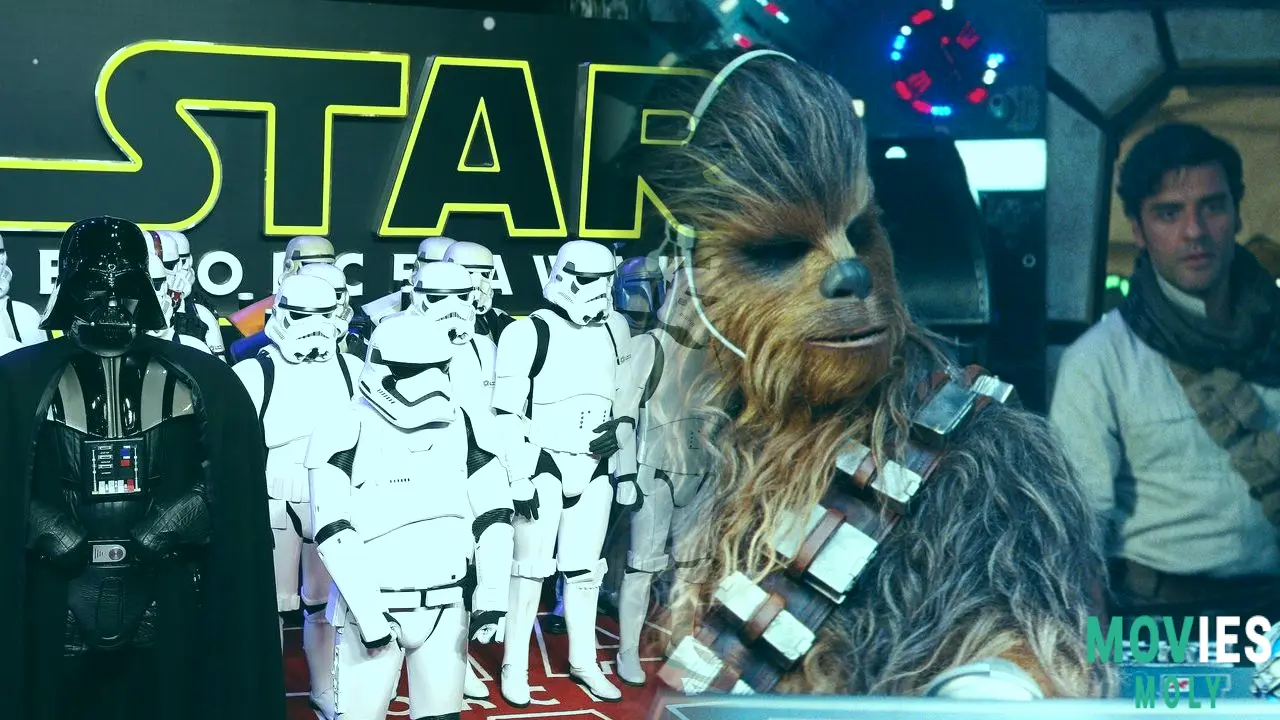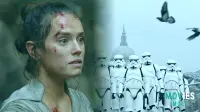Recent financial documents have pulled back the curtain on the truly massive budget behind J.J. Abrams' 2019 film, Star Wars: The Rise of Skywalker, making it one of the most expensive films ever made!
TL;DR
- Star Wars: The Rise of Skywalker had a staggering gross production cost of $593.7 million.
- Thanks to generous UK tax incentives, Disney received $103.8 million back, bringing the net cost down to $489.9 million.
- Despite raking in over $1 billion at the global box office, the film's theatrical profit for Disney was a relatively slim $48.6 million.
Alright, fellow Star Wars fanatics, get ready for a mind-blower! We've just learned the real, eye-popping cost behind 2019's Star Wars: Episode IX – The Rise of Skywalker, and let's just say, the Force was definitely expensive with this one. For years, official budgets for major blockbusters have been a closely guarded secret, often bundled into a studio's overall expenses. But thanks to some recently unearthed financial filings from Disney's UK production company, the true price tag has been laid bare.
According to a detailed analysis by Forbes, the gross spending on The Rise of Skywalker came in at a jaw-dropping $593.7 million (that's about £450.2 million!). If your jaw just hit the floor, you're not alone. This figure places the film squarely among the most expensive Movies ever produced, putting it in some seriously high-stakes company.
Deconstructing the Numbers: How Hollywood Budgets Get Exposed
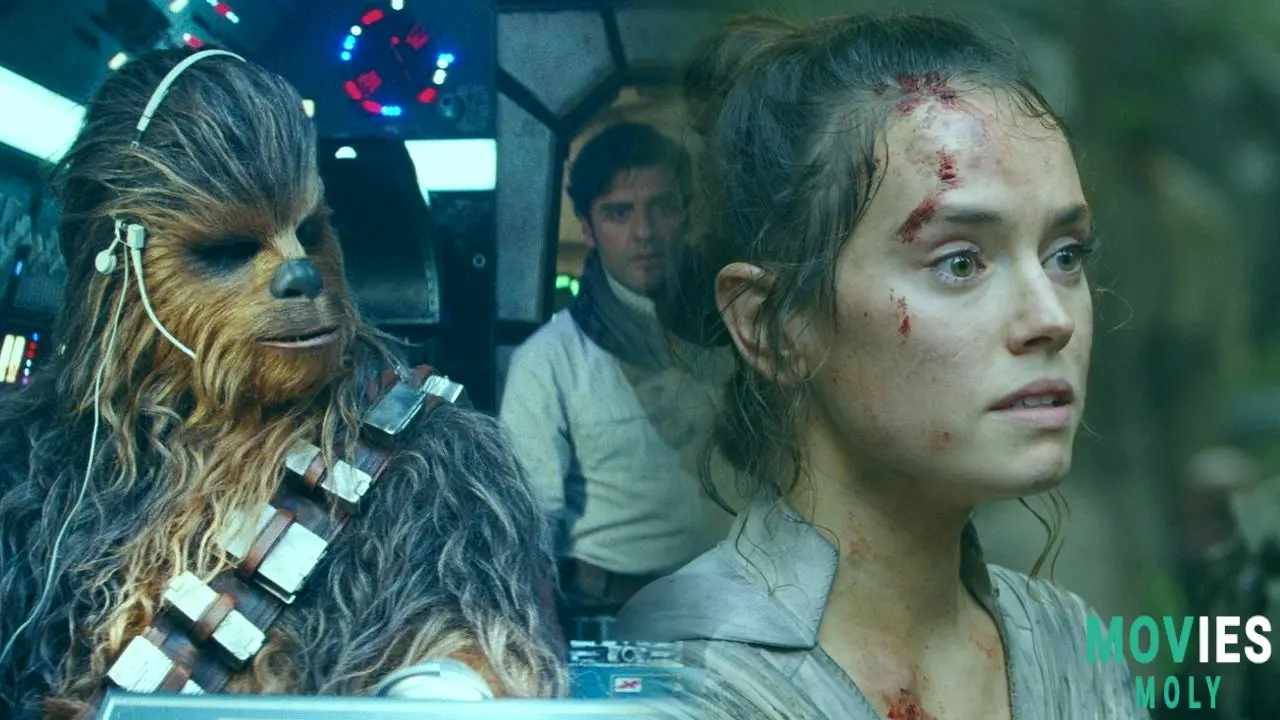
So, how did these numbers finally see the light of day? It all comes down to where a movie is filmed. While US productions keep their budgets under wraps, films shot in the United Kingdom are a different story. The UK offers appealing tax reimbursements – up to 25.5% of what studios spend in the country, provided at least 10% of the core production cost is incurred there. To claim these credits, studios have to set up separate production companies for each film and file detailed financial statements with the UK authorities. These filings reveal everything from total production costs to crew numbers and even social security payments!
In the case of The Rise of Skywalker, these filings allowed us to see Disney's gross spending. But that's not the whole story. Disney was able to claim a hefty $103.8 million (£73.5 million, according to one report) in tax reimbursements. This brought the net cost – what Disney actually shelled out of their own pocket for production – down to a still massive $489.9 million.
Now, when we talk about a movie's "profit," things get a little tricky. The main source of revenue for a studio is typically their share of the box office takings. The industry standard often suggests a 50-50 split with theaters. For The Rise of Skywalker, which grossed over $1.077 billion worldwide, Disney's share of that theatrical pie would be roughly $538.5 million. Subtracting the net production cost of $489.9 million from that, you get a theatrical profit of about $48.6 million. This might sound good, but for a film that cost nearly half a billion to make, it's a surprisingly tight margin.
"...there will be other income generated by the production (such as DVD/Blu Ray sales, merchandising, etc.). It’s not reflecting a true account of whether the film was overall profitable.”
— A Disney spokesperson, quoted in ForbesAs a Disney spokesperson noted, box office isn't the only income stream. Home entertainment, VOD, streaming rights, and especially merchandise sales can add massive amounts to a film's overall profitability, particularly for a brand as huge as Star Wars. However, it's also important to remember that these disclosed production budgets don't include marketing costs, which for a blockbuster like this would easily run into the hundreds of millions. So, while The Rise of Skywalker did make money, the "net profit" for Disney on this film is more complex than just its theatrical run.
Comparing the Costs: Where Does Rise of Skywalker Stand Among Blockbusters?
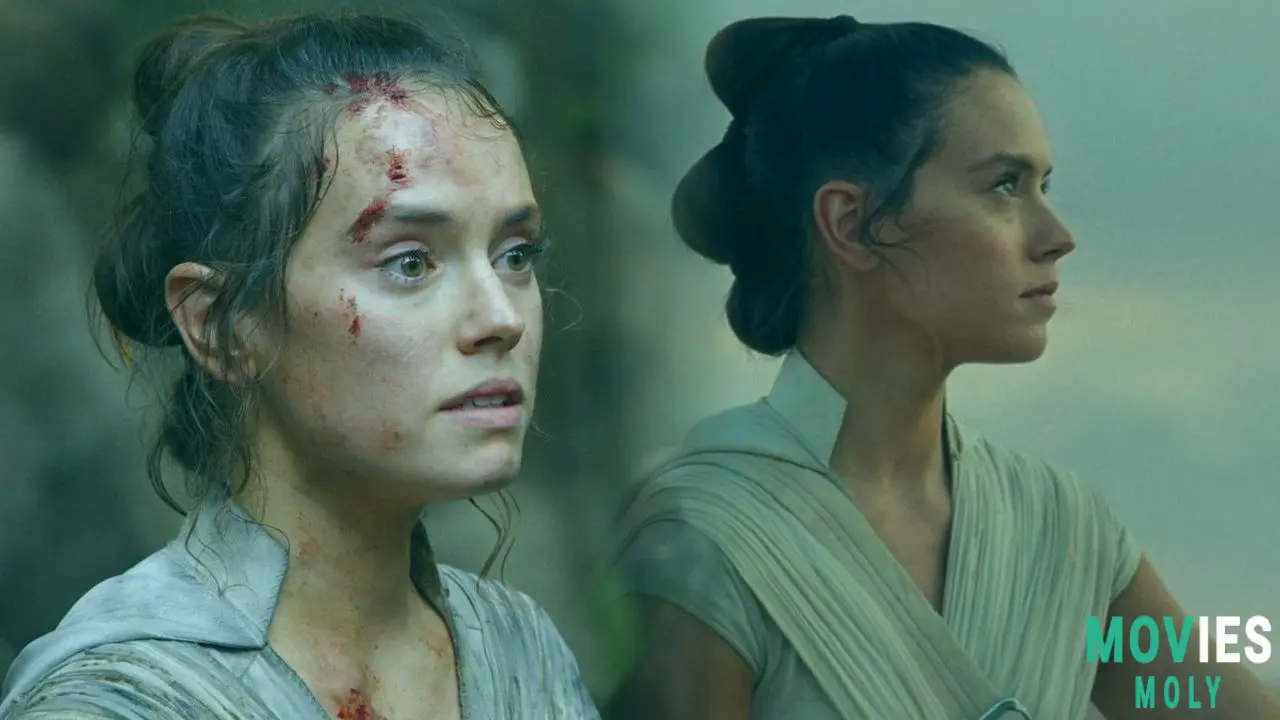
So, how does The Rise of Skywalker's budget stack up against other cinematic titans? With its gross production cost of $593.7 million, it's undeniably one of the most expensive films in history. It sits just behind a couple of other modern behemoths:
- Star Wars: Episode VII - The Force Awakens (2015): Disney's first Star Wars film had an even higher gross cost of $638.9 million. However, it also pulled in a staggering $2.07 billion at the box office, netting Disney a $500 million profit after its $103.4 million reimbursement and $535.5 million net spend. Talk about a runaway success!
- Jurassic World Dominion (2022): This dinosaur epic reportedly cost around $603 million to make, putting it slightly above The Rise of Skywalker.
Interestingly, when looking at Return on Investment (ROI) for Disney's Star Wars films, it's not always the most expensive films that come out on top. For instance, 2016's standalone hit Rogue One: A Star Wars Story had a much lower net cost of $327.5 million, but it generated a massive 95.4% ROI, making it the most efficient money-maker among the recent films. In contrast, The Rise of Skywalker, despite its huge gross, had a modest 9.9% ROI.
And let's not forget the infamous Solo: A Star Wars Story (2018), which reportedly suffered a $103.3 million loss, a clear indicator of how even a beloved franchise can stumble financially. These varying results likely explain why Star Wars took a six-year hiatus from the big screen after Rise of Skywalker, turning its attention to successful streaming series like The Mandalorian.
The High Stakes of Course Correction: Why the Budget Ballooned
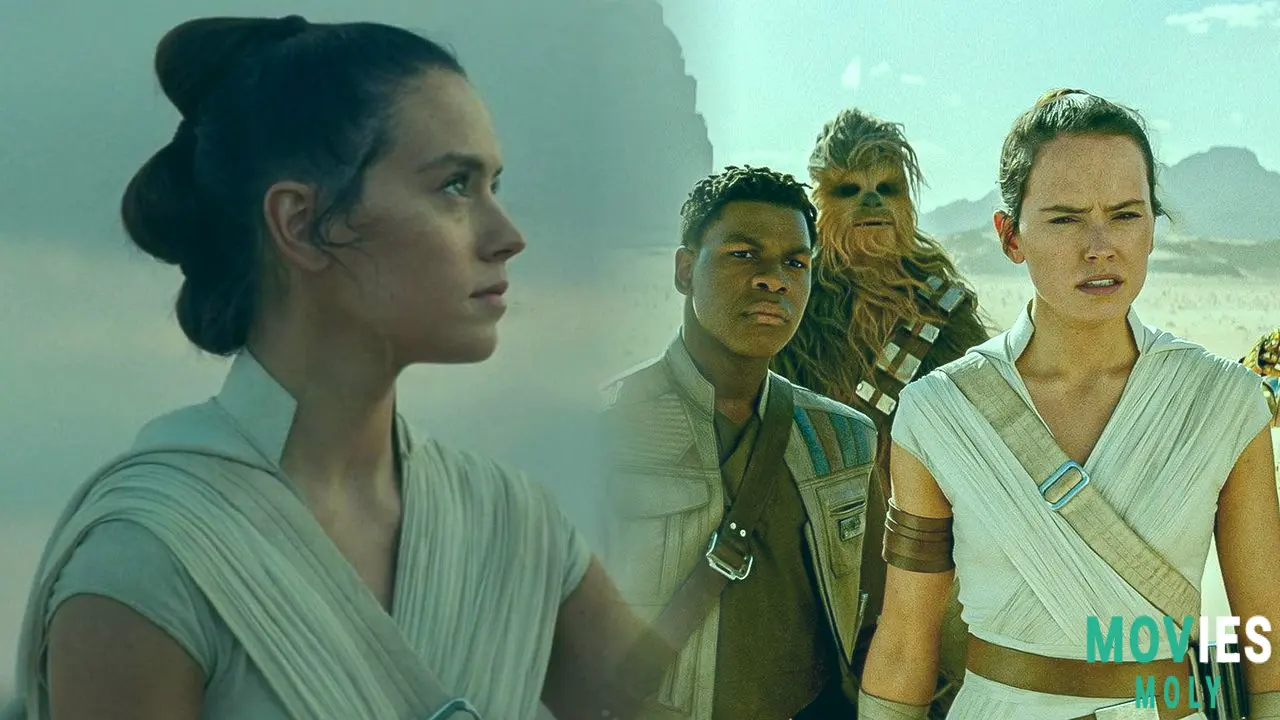
Why did The Rise of Skywalker end up costing so much? Part of the answer lies in its tumultuous journey to the big screen. After Rian Johnson's Star Wars: Episode VIII - The Last Jedi (2017) divided audiences with its bold narrative choices, Lucasfilm aimed for a "course correction" with Episode IX. This often means rewrites, reshoots, and a general effort to bring the saga to a satisfying (and less controversial) conclusion, all of which can drastically increase production costs.
Initially, Colin Trevorrow was set to direct, with his film titled Duel of the Fates. But after his departure, J.J. Abrams was brought back to finish the trilogy he started with The Force Awakens. These kinds of directorial changes, coupled with the pressure to deliver a grand finale for a nine-film saga, often lead to ballooning budgets as studios spare no expense to get the story right—or at least, to what they hope is right.
Fan Divided, Story Clarified: The Aftermath and a Comic Redux
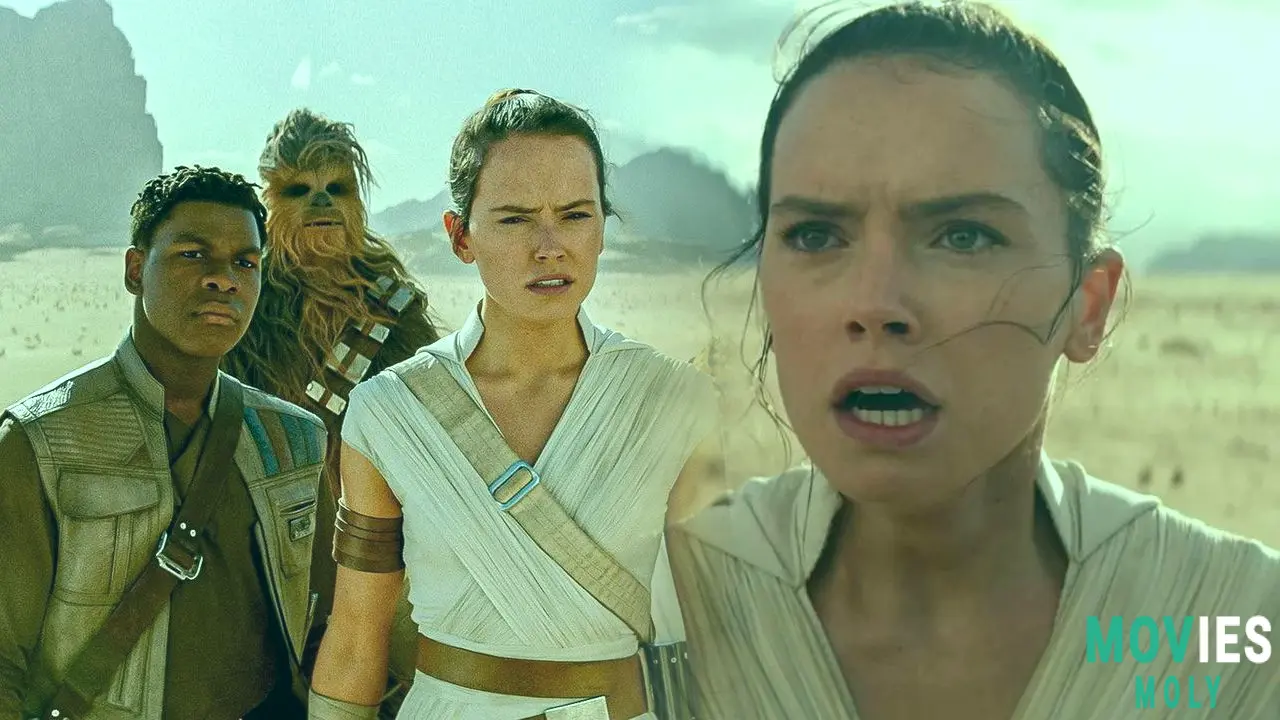
Despite its billion-dollar box office haul, The Rise of Skywalker remains one of the most divisive entries in the Star Wars universe. It currently holds a 51% critic score on Rotten Tomatoes, the lowest for any live-action Star Wars film. Fans and critics were split on its pacing, its reliance on nostalgia, and its attempts to backtrack on some of The Last Jedi's plot points, particularly the controversial return of Emperor Palpatine and Rey's lineage.
Interestingly, even years after its release, Lucasfilm seems to be subtly addressing some of these fan debates. A recent five-issue Marvel comic adaptation of The Rise of Skywalker by Jody Houser and Will Sliney has provided a visual clarification to one of the film's most talked-about moments: the "All the Jedi" sequence. In the movie, Rey only heard the voices of past Jedi. But in the comic, legendary figures like Qui-Gon Jinn, Obi-Wan Kenobi, and Luke Skywalker visibly appear as spectral allies during her final confrontation with Palpatine. This move by Lucasfilm suggests a willingness to refine and reinterpret key story beats in response to long-standing fan feedback, offering a more tangible sense of closure for many.
Beyond the Skywalker Saga: What's Next for Star Wars on the Big Screen?
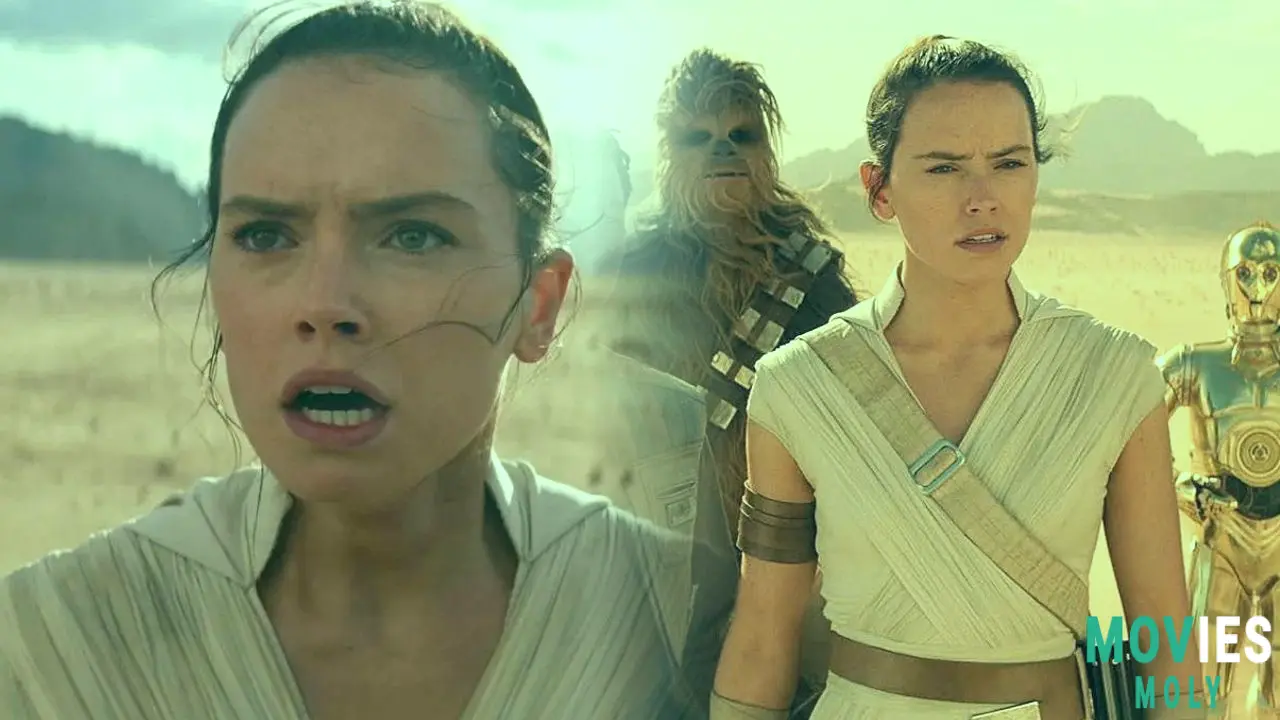
After a six-year break from theatrical releases, Star Wars is finally gearing up for its big-screen comeback. The upcoming slate includes:
- The Mandalorian & Grogu: Set to hit theaters on May 22, 2026, this film will bring everyone's favorite bounty hunter and his pint-sized companion to the multiplex. Directed by Jon Favreau, it's already generated buzz with its first trailer, teasing the return of Pedro Pascal and new cast members like Sigourney Weaver and Jeremy Allen White (voicing Rotta the Hutt).
- Star Wars: Starfighter: Shawn Levy is slated to direct this new entry, which is anticipated to follow Mandalorian & Grogu in 2027.
- Daisy Ridley's New Jedi Order Film: Daisy Ridley is set to reprise her role as Rey in a movie that will explore the rebuilding of the Jedi Order after the events of The Rise of Skywalker.
- James Mangold's Dawn of the Jedi Film: This project will delve into the ancient origins of the Jedi, taking fans back thousands of years before the Skywalker Saga.
- A new trilogy from Simon Kinberg is also reportedly in development, hinting at a busy future for the galaxy far, far away.
It's clear that Disney and Lucasfilm are looking to reignite theatrical excitement, hoping that the built-up anticipation for these new stories will lead to more universally acclaimed (and profitable) adventures on the big screen.
The Enduring Battle of Art, Commerce, and Fan ExpectationsThe story of The Rise of Skywalker's budget is a fascinating peek behind the curtain of blockbuster filmmaking. It highlights the immense financial risks involved, the complexities of international co-productions, and the constant dance between creative vision and commercial viability. While the film ultimately turned a profit, its massive cost and mixed reception serve as a powerful case study in how challenging it can be to conclude an iconic saga while satisfying a global, passionate fanbase.
For us, the fans, these numbers remind us that even in a galaxy far, far away, every dollar counts. As we look forward to new Star Wars movies, we can only hope that future endeavors manage to strike that perfect balance between epic storytelling and a financially sound journey through hyperspace.
FAQ: Your Burning Questions About The Rise of Skywalker's Budget
Q: Where can I watch Star Wars: The Rise of Skywalker now? A: You can stream Star Wars: The Rise of Skywalker right now on Disney+ in the US. It's also available for rent or purchase on various digital platforms. Q: What was the original estimated budget for The Rise of Skywalker? A: Before the recent revelations, estimated budgets for The Rise of Skywalker ranged from $275 million to $416 million, which were already considered very high. The newly revealed gross cost of $593.7 million is significantly higher than those initial estimates. Q: Which Disney Star Wars movie made the highest overall profit for the studio? A: While The Rise of Skywalker made a theatrical profit of around $48.6 million for Disney, Star Wars: The Force Awakens stands as the most profitable for the studio. After its massive box office success and reimbursements, The Force Awakens generated an estimated $500 million in theatrical profit for Disney. Q: What is the next Star Wars movie coming to theaters? A: The next Star Wars movie slated for theatrical release is The Mandalorian & Grogu, which is currently scheduled to hit cinemas on May 22, 2026.Sources:
- Forbes: Revealed: The ‘Star Wars’ Movie With The Highest Profits
- SlashFilm: Star Wars: The Rise of Skywalker's True Budget Revealed, And It's Absurd
- MovieWeb: Star Wars: The Rise of Skywalker Budget Revealed as One of Most Expensive Movies Ever Made
- Inside the Magic: Report Reveals ‘Star Wars: The Rise of Skywalker’ Had Unbelievably High Budget
- CBR: Star Wars: The Rise of Skywalker Is Now the Third Most Expensive Movie Ever Made
- FandomWire: The Rise of Skywalker Officially Confirmed As a Massive Flop Despite $1B Haul After Disney Reveals True Production Cost
- GamesRadar+: The true budget for Star Wars: The Rise of Skywalker has been revealed – and it's almost a record-breaking figure
- No Film School: Tax Documents Revealed 'Rise of Skywalker' Cost How Much?!

